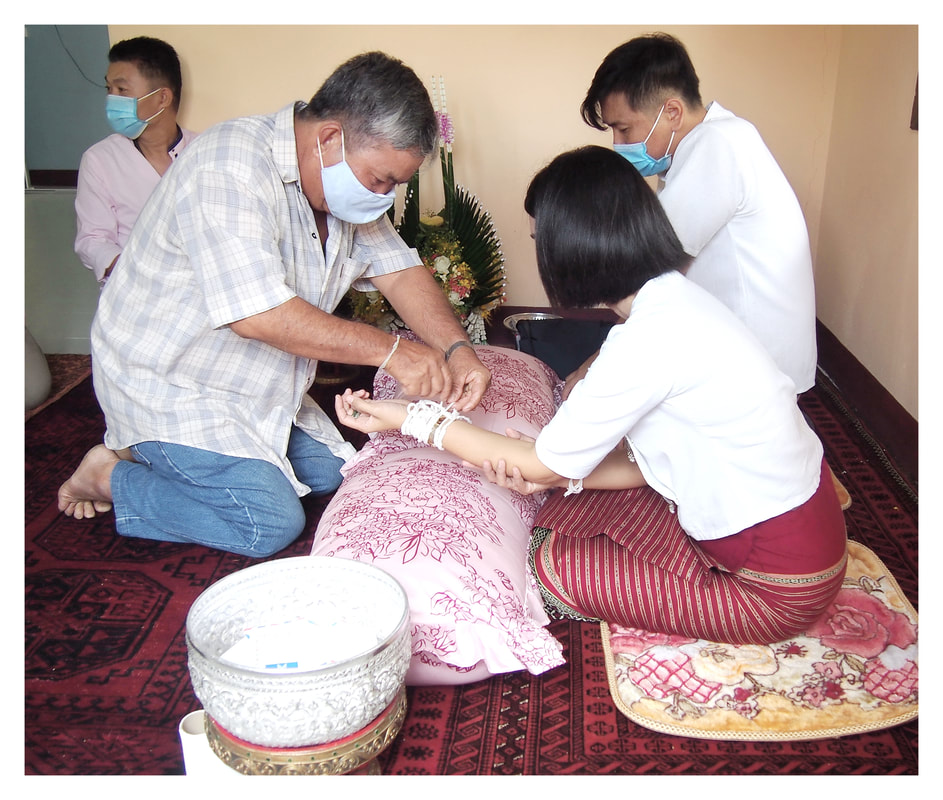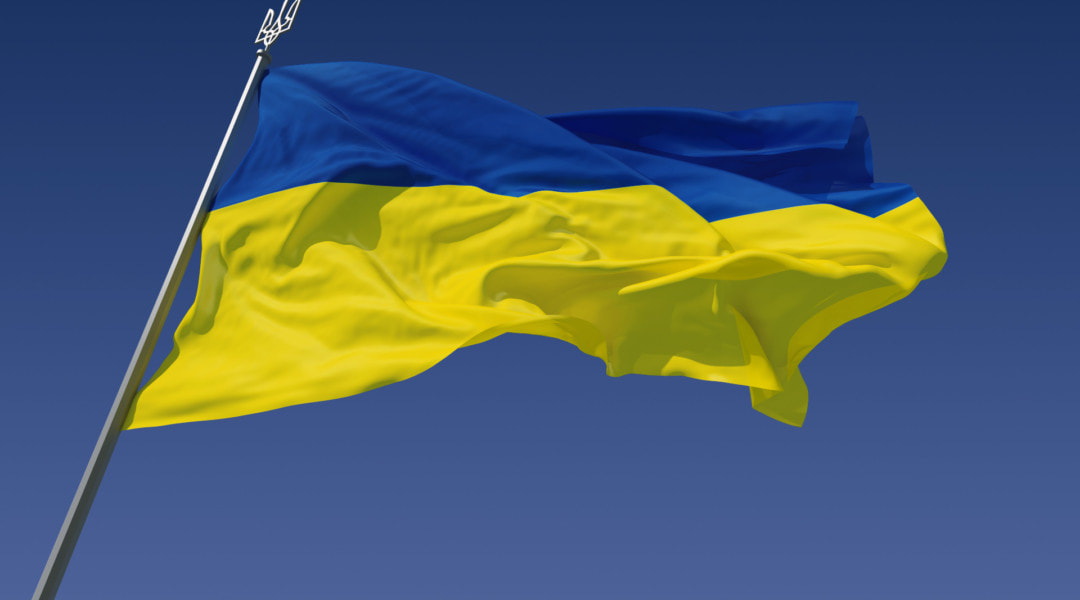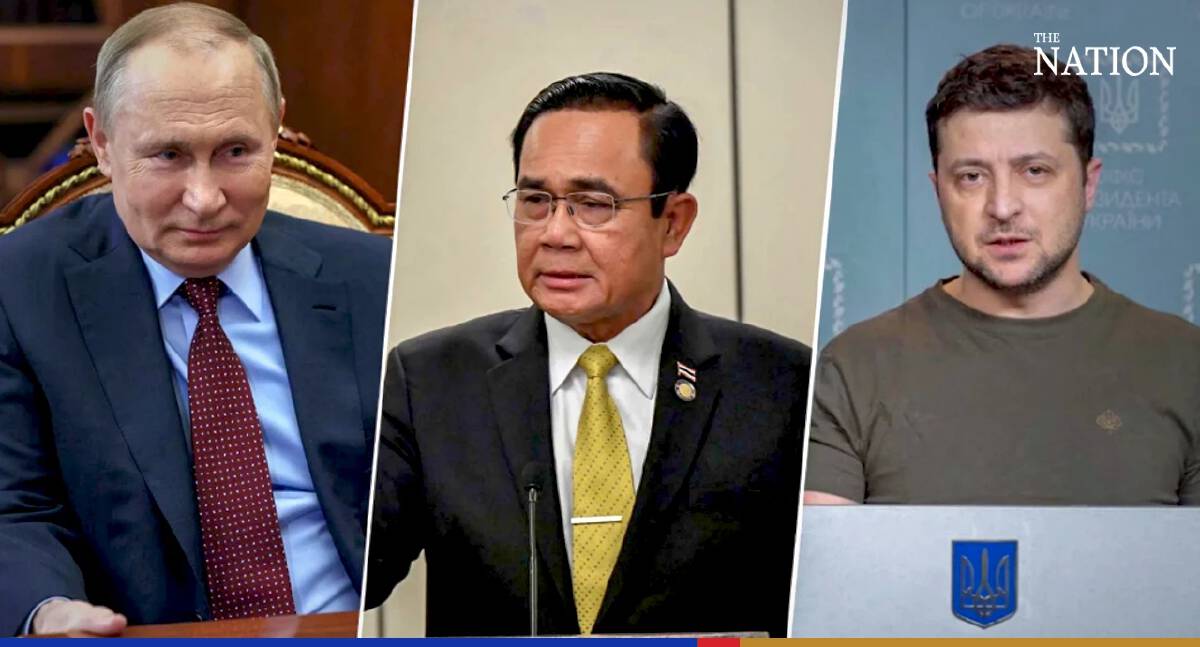|
Deborah said she has “very devout Christian friends who do not want to take part in a Buddhist wedding.” I am tempted to rant, “If they refuse to even try to understand what’s going on in key events in Thailand how can they stand to be here in this country?”
Many conservative Christians “stand to be here” because they feel they can isolate themselves from sinister spiritual and religious elements. Faith in Christ offers divine protection, as well. Some are here to help convert people to Christianity and “get them saved.” But they refuse to bother to try to find out what Buddhist activities really are. To be a Buddhist ceremony, as opposed to a Thai traditional one, the event must (a) have a Buddhist clergy person presiding, (b) include chanting of Buddhist scripture, (c) OR involve physical connection with an image of the Lord Buddha. That “physical connection” can be assumed if the event is inside a temple, if the connection is symbolized through a cord tied to a Buddha image, or by pouring water if the image is being paraded or bathed. None of this happens in a Thai traditional wedding. Aside from the fact that Thai traditional weddings are not Buddhist religious ceremonies because they lack Buddhist religious content or context, there is widespread acceptance of the notion that all Thai traditional events are also Buddhist because “Buddhism is indivisible and indistinguishable from everything that is authentically Thai.” Where does one draw the line? Obviously there is a line somewhere. Thai food is part of Thai cultural identity. Not even vegetarianism in behalf of spiritual well-being is forbidden by Christians. Unlike several other religions, Thai Christians do not have strict food laws. Thai textiles tailored into traditional Thai costumes are no problem for most Christians (Mennonites and Roman Catholic clergy being prominent exceptions). Can Thai Christians serve in the Thai military or civil service, knowing that there will be occasions when everybody will be venerating royalty and even showing piety at religious shrines? For a lot of Christians military service is unavoidable and some choose military and civil service. That brings us to holidays. In Thailand they are of two types: strictly religious holidays (including the three major Buddhist ones, Makha Bucha, Visaka Bucha, and Asalaha Bucha; but it is sometimes overlooked that the two Christian holidays and Muslim holy days are not only permitted by law and common consent, but Christians and Muslims are expected to treat those days as special according to their customs). The other type of Thai holiday is not mainly religious, Songkran and Loy Kratong being the most popular along with certain royal anniversaries. These holidays have Buddhist religious activities attached to them. Is floating a “kratong” on a waterway religious? Most Thai Christians have worked this out in a way that satisfies them. The same thing applies to “anointing with scented water” during the Songkran festival. The line between what should and should not be done is ultimately a personal decision. Not all religious events in Thailand that Christians must decide about are Buddhist, as a matter of fact. Installation of a shrine at a construction site is a Brahmin-Hindu ritual. Christians might not attend. Other ceremonies venerate “spirits of nature” or propitiate “ghosts.” They are not Buddhist, but they are incorporated into Thai traditions. Back to the notion, “If it’s really Thai it’s also Buddhist.” To be a real Thai person one must be Buddhist. This is unacceptable for several reasons, but mainly because it excludes non-Buddhists from being real Thai people. Thai Christians confront this every day. Some handle it by minimizing the amount of differences they must acknowledge. They blend in as much as they can. Another approach made by some Christians is to fight against the idea that “if it’s Thai it’s Buddhist” by conducting Christian rituals to mark Thai traditions such as the King’s birthday. Fortunately, the previous King and Queen were consistent and successful in insisting that every Thai citizen is equally and authentically Thai, no matter their ethnicity or religion. That is why it is perplexing that there are still Christians who don’t get what’s at stake when they refuse to even try to understand and participate when anything importantly Thai is going on. It becomes painful and personal when the event is related to key life events such as funerals and weddings. But being uninformed is one thing and being unwilling to be informed is a higher level of obstinacy.
0 Comments
There is an attempt that I became aware of this morning, by those who want to see a middle-ground, maybe through non-alignment with either the USA or Russia, to explain that both sides are wrong. One analyst from India explained that Putin is wrong for invading Ukraine, but Western nations lied to Russia at the end of the Cold War, promising to dissolve NATO and then not doing it. That would have explained how Putin and his colleagues always expect treachery from USA and the West and how they justify calling for NATO to back off. But the history doesn’t corroborate that interpretation. Time to look again.
FACTS ABOUT UKRAINE 1. Ukraine as an ethnic and political entity is older than Russia. In the 10th and 11th centuries Kievan Rus’, with Kiev at the center, was the largest and most powerful state in Europe. The Mongol invasion completely destroyed Kiev in 1240. 2. For the next 700 years Ukraine was under various powers and ended with territory divided between Russia and Poland. 3. The present state of Ukraine was created by the Bolsheviks in 1918. In 1917 they had included it in their treaty with Austria-Germany to end participation in World War I after they had taken over Russia and ended the Czarist regime. The next year they tried to break that treaty but lost the battle. The failure of the Bolsheviks’ revolt against that agreement led to the Central Powers re-imposing terms which created Ukraine as a separate state. 4. Under Stalin, by 1928 Ukraine was completely absorbed into the Soviet Union. 5. When the Nazis invaded Russia, Ukraine was also a major objective. The Soviet Army liberated Ukraine in its drive against the Nazis. When the Soviet Army defeated Germany, Stalin solidified the USSR to include Poland and most of Eastern Europe including Ukraine. 6. On August 24, 1991 the Ukrainian parliament adopted an Act of Independence, as the Soviet Union was disintegrating. For the next 30 years Ukraine has moved toward alignment with Western Europe, toward greater democracy and toward free-market economic development. 7. In 2014 the Ukrainian peninsula of Crimea was taken over by “unmarked forces” that included local Russian partisans. Crimea was then incorporated into Russia. 8. On February 24 of this year Russia invaded Ukraine and after a week of making little progress they seem to have begun mass destruction reminiscent of the devastation they inflicted on Chechnya in 2000 as Putin came to power, turning the capitol city, Grozny, into what the UN called “the most destroyed city on earth.” 9. The first tragedy this current invasion has caused is the “greatest refugee crisis in Europe” since the Second World War as more than a million and a half people (half of them children) have fled Ukraine to escape the bombing and destruction. 10. The President of Ukraine has pleaded for NATO to send help. FACTS ABOUT NATO 1. As Stalin moved toward taking over Eastern Europe after World War II, the USA and 11 other nations in North America and Europe agreed to a North Atlantic Treaty and the North Atlantic Treaty Organization was formed to defend against any aggression by the Soviets against any member state. 2. The USSR formed the Warsaw Pact in response. 3. A major issue arose about the reunification of Germany. Negotiations were complex and there was no agreement about whether or not a reunified Germany would include NATO operations in the former Soviet part of Germany. After reunification Germany continued in NATO. A number of former Soviet bloc nations joined, including Poland, Lithuania, Latvia, Estonia, Czech Republic, Hungary, Slovenia, Slovakia, Bulgaria and Romania. Russia has not liked this expansion. 4. NATO has reiterated its principle that it does not wish to escalate the war, and none of its member states have been attacked by Russia. Member states, however, are free to act on their own, and many have sent military supplies to Ukraine and made extensive humanitarian responses. FICTIONS ABOUT NATO “As the Soviet Union was coming apart President GHW Bush promised President Gorbachev that if the Warsaw Pact was dissolved NATO would also be dissolved.” No such agreement ever became official, but a number of mutual troop reduction and arms control agreements were made and most were carried out. The most important was the Treaty on Conventional Armed Forces in Europe (CFE) which was expanded to include decisions about Germany after the fall of the Berlin Wall. The treaty was signed in Paris on November 19, 1990 by 16 NATO states (USA, Canada, Denmark, France, Germany, Greece, Iceland, Italy, Luxembourg, Netherlands, Norway, Portugal, Spain, Turkey, UK, and Belgium) and 6 Warsaw Treaty states (Czechoslovakia, Hungary, Bulgaria, Poland, Romania, and the Soviet Union). This CFE Treaty was challenged by Russian President Putin at the Vienna Conference on June 11-15, 2007 and then abolished by Russia in 2015. “NATO is a threat to Russia, and is continuing to diminish Russia.” Russian nationalists, including Putin, are determined to (a) re-establish its protective wall of buffer territories, (b) and re-build Russian influence. As nations next to Russia seek to join NATO these goals are being threatened, but not Russian sovereignty. Russian grandeur has been diminished, not by NATO but by the failure of authoritarianism in Russia to prove effective, and thereby to attract allies. Instead, many new nations aspire to join NATO, now including Georgia, Moldova, and Ukraine. FICTIONS ABOUT UKRAINE “Ukraine is part of Russia.” Only in the fantasy of leaders of the former USSR is Ukraine not a free and sovereign nation state. Ethnicity and shared culture are not the issue. The will of the Ukrainian people to be free and independent has been demonstrated and solidified as Russian troops invaded Ukraine beginning on February 24, 2022. “Ukraine is ruled by a Neo-Nazi clique.” There is a neo-Nazi faction in Ukraine, but it has been able to garner only 2% of the votes and no seats in Parliament. The present leadership, with President Volodymyr Zelenskyy at the head, are not Nazis in any form. “The people of Ukraine want to return to Russia.” Evidence of that is the “insurgency of people in the Donbas region against Ukrainian tyranny”. Indeed, in Putin’s pre-invasion rhetoric he repeatedly voiced support for these “beleaguered people.” It was assumed that Putin was getting ready to send troops to try to take over this small area on the eastern side of Ukraine. But then Russian troops surrounded Ukraine on three sides and invaded from all directions. In the event, the people of Donbas also seem to be fighting against the Russian invasion they were presumed to be in favor of. “Ukraine will welcome Russian liberators.” This is what the Russian troops expected. It was what happened in Crimea. But Ukraine has resisted the invasion. Thailand voted with 141 other nations on Wednesday to reprimand Russia for invading Ukraine and demanded that Moscow withdraw its forces. Thailand’s vote was uncertain until the green light appeared on the big board in the UN General Assembly. In light of the Thai government’s declaration of “neutrality” in the Russian-Ukrainian conflict, and the Foreign Minister’s public statement yesterday that Thailand will be cautious, a vote to abstain would not have been surprising. 35 nations, including China and India, abstained. Actually, every ASEAN nation except Vietnam voted for the UN motion in support of Ukraine.
The UN General Assembly special session and the 141 to 5 vote is a sign of how seriously the world is taking the Russian invasion of its neighbor. Europe feels threatened. The European Commission (Parliament) voted on Wednesday to work toward granting Ukraine “candidate status” to join the European Union. Ukraine’s President, Volodymyr Zelenskyy, gave an emotional speech to the Parliament asking for proof from Europe “that you will not let us go … that you are with us.” Neither of these votes, historic as they are, will cause Russia to pause in its attacks across Ukraine. The military advance continues, and bombs, rockets and artillery barrages are slowly but steadily moving toward the center of the country. It’s taking time; Ukraine is a bit over 600,000 square kilometers (Thailand is 500,000+ sq. km.). Ukraine has a formidable military capacity, but Russia’s is much larger and includes nuclear weapons which Russian President Putin put on “heightened alert” 3 days ago. Ukraine will fight alone, with USA and EU supplying funds and material support including weapons. Nevertheless, Russia seems determined and able to take over Ukraine. Holding onto it is another matter. The world has learned in the last 7 days since the invasion began that the Ukrainian people are stalwart. They will not easily yield as Putin expected them to do. Quite the contrary, the invasion has solidified the nation. Even if Russia takes over the country it will clearly not be taking over the people. Resistance will erode Russia’s ability to control what they acquire by force. Indeed, back in Russia the Russian people consider the Ukrainians to be kinfolk and are never going to swallow the idea that they are aliens to be conquered. As it becomes clear to them that this aggression is against the people of Ukraine and not just against the government and military, Russians will grow chilly about what Putin is doing. His standing as president will weaken. The question is only how fast this will happen and how far it will go. For Europe the first fact about what’s going on is that one nation (Russia) has unilaterally invaded another (Ukraine). The issue is national sovereignty, the right of a nation to exist and decide on its own alliances and policies. That is what has alarmed and united Europe. The post-Cold War peace has been shattered. Finland may now join NATO – an action Russia has vowed to prevent. Germany has sent weapons to Ukraine – an action not done to forces in combat in 70 years. Poland has reopened its borders to half a million refugees from Ukraine – as have all the other countries surrounding Ukraine to which refugees, now more than a million in number, have fled. For Europe, the threat of the loss of natural gas and oil from Russia is less frightening than the prospect of what Russia will do next if it succeeds in Ukraine. For Thailand and many other countries the first fact about what’s going on is the destabilization of the world economic systems. Thailand is concerned about trade and tourism above all. Russia’s military poses no threat to Thailand. Loss of commerce is just short of terrifying. China and India, however, are not as concerned about that as they are about what’s happening to Russia. They want Russia to be a viable balance of power with USA as they try to develop their own growth and influence. It is alarming to them that what Russia is doing is counter-productive: it is unifying the world against Russia and reducing Russia’s potency. In stark terms, most of Asia would like to have this war quickly over so everybody can get back to trying to survive COVID and make money. The humanitarian and geo-political implications of the war in Ukraine are not being ignored here in Asia, but overwhelming opinion is in favor of limiting this to what is going on between Ukraine and Russia and letting the West fight it out. Thailand wants to hope that Russian tourists and expats will keep on bringing money into Pattaya and beyond, but the Russian Ruble has lost 30% of its value this week and due to what’s going on about Ukraine Thailand’s export growth is now predicted to be 0% for the second quarter of this year. Thailand’s economic condition is serious. The fact that the West and USA have chosen to battle Russia with economic sanctions is inconvenient. First COVID and now this. |
AuthorRev. Dr. Kenneth Dobson posts his weekly reflections on this blog. Archives
March 2024
Categories |
| Ken Dobson's Queer Ruminations from Thailand |
|



 RSS Feed
RSS Feed
